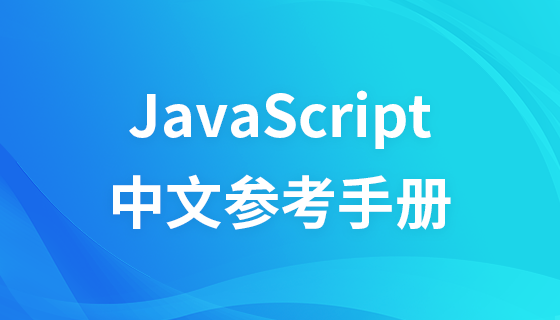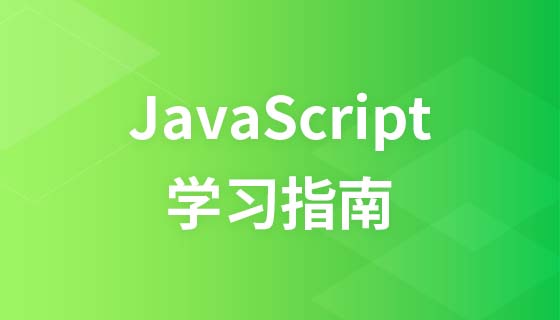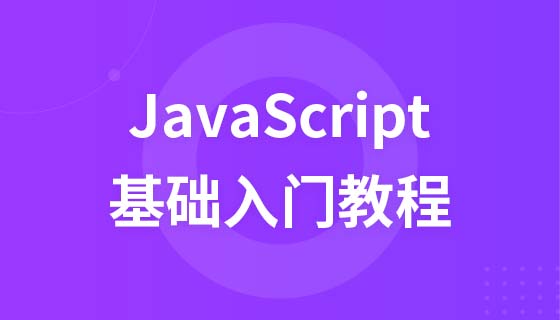本篇文章主要和大家介绍JavaScript中的call()和apply()方法的使用以及它们之间的区别,有一定的参考价值,希望对大家有帮助
在JavaScript中我们经常用两种方法来改变this的指向,简化代码的复杂度,这两种方法就是call()和apply()方法,接下来将分享它们的用法与区别
call()方法
call()方法中第一个参数是改变this指向,第二个参数是需要传的参数
<script>
function Person(name, age,height){
this.name=name;
this.age=age;
this.height=height;
}
function Student(name,age,height,sex,grade){
Person.call(this,name,age,height);//将Person的参数传给Student
this.sex=sex;
this.grade=grade;}
var student=new Student("张三",18,180,"男",88);
</script>
运行结果:
apply()方法
apply()方法改变this指向,第二个值只能传一个实参且是数组
<script>
function Person(name, age,height){
this.name=name;
this.age=age;
this.height=height;
}
function Student(name,age,height,sex,grade){
Person.apply(this,[name,age,height]);//注意这儿传递的是数组
this.sex=sex;
this.grade=grade;}
var student= new Student("张三",18,180,"男",88);
</script>
运行结果:
call()与apply()方法的区别
call()方法的第二个值可以传递多个参数,实参必须要按照形参的个数和顺序进行传参
apply()方法的第二个值只能传一个必须是数组才可以,所以apply()方法适合使用形参是数组的,call()方法适合传递连续的参数
总结:以上就是本篇文章的全部内容,希望大家在应用时要注意方法的选择
以上是call()和apply()方法有什么区别的详细内容。更多信息请关注PHP中文网其他相关文章!


